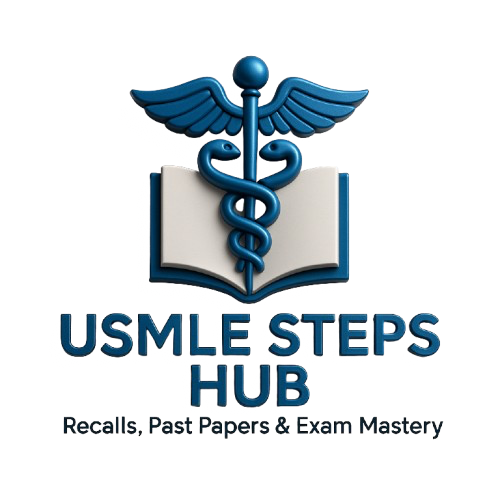What Are Shelf Exams, and How Do I Study for Them?
One of the most challenging aspects of starting medical school is navigating a new world of terminology and assessments. Terms like clerkships, clinicals, attendings, and shelf exams will soon become familiar, but understanding them early on can be confusing. This guide focuses on one crucial exam type—shelf exams—explaining what they are, why they matter, and how to prepare for them.
What Are Shelf Exams?
Shelf exams are standardized assessments created by the National Board of Medical Examiners (NBME®), designed to evaluate medical students' knowledge across various subjects. These exams are typically administered after clinical clerkships in subjects like Internal Medicine, Surgery, Pediatrics, and more. While individual medical schools often have their own assessments, shelf exams are used to compare students' performance nationally.
Key Benefits:
- Standardized comparison of your medical knowledge
- Helps identify strengths and weaknesses before more significant exams, such as USMLE® Step 1 or Step 2
- Many schools provide score reports to guide future study plans
For more in-depth exam preparation resources, including real past exam files, check out Shelf Exam Real Exam Files andRecalls 2024-2025.
Do Shelf Exams Matter for Residency?
Although shelf exam results are not directly reported to residency programs, they play a crucial role in your clinical clerkship grades, which residency programs do review. A strong performance on these exams could boost your Dean’s Letter and overall residency application.
For students targeting a specific specialty, doing well on the relevant shelf exam can also indicate preparedness for residency in that field.
How to Study for Shelf Exams
Success on shelf exams requires more than just doing well in your clinical clerkships. Here are some essential study tips:
-
Utilize a Question Bank: The most effective strategy is to regularly practice with multiple-choice questions that mirror the shelf exam format. Using a comprehensive question bank is key.
-
Create a Study Plan: Begin by reviewing your clerkship syllabus to know when your exam will be held. Allocate daily or weekly goals to cover your question bank.
-
Focus on Weak Areas: After taking practice tests, use the results to focus your studying on weaker topics.
For real practice files and past exams, explore this package designed specifically for 2024-2025.
Where Do the Assessment Questions on the Shelf Exam Come From?
Shelf exam questions are designed by experts at the NBME® and are often similar to those found in USMLE® Step 1 and 2. These questions are multiple-choice, focused on testing your clinical knowledge under timed, proctored conditions. The format mirrors what you'll face in the USMLE exams, making them an excellent preparation tool.
Are Shelf Exams Harder Than Step 1 or Step 2?
Shelf exams are generally on par with the difficulty level of USMLE® Step exams. In fact, many shelf exam questions come from retired Step 1 and Step 2 exams. This connection makes the shelf exams excellent practice for future board exams, though some students may find them more challenging since they're taken earlier in medical school when knowledge is still being built.
How Does My Shelf Exam Impact My Clerkship Grade?
Your clerkship grade typically consists of several factors: clinical performance, school-administered exams, and shelf exams. Some institutions may weigh your shelf exam score more heavily, while others use a combination of factors. It’s essential to review your clerkship syllabus to understand how much weight your shelf exam will carry and plan your studies accordingly.
What Time Are Shelf Exams?
Shelf exams are typically held at a specific time as per your clerkship syllabus. With the onset of remote learning and exams due to the COVID-19 pandemic, many institutions have shifted to virtual proctoring. You’ll need to log in at the specified time and follow strict proctoring guidelines.
So, How Do I Pass the Shelf Exam?
The key to passing the shelf exam is consistent preparation:
- Follow a study schedule: Begin each rotation by reviewing the NBME® content outlines for your shelf exam.
- Practice consistently: Daily question practice is crucial. Choose a resource that mirrors the shelf exam format and questions.
For an all-in-one resource package to study from, visit this link for real exam files and recalls.

